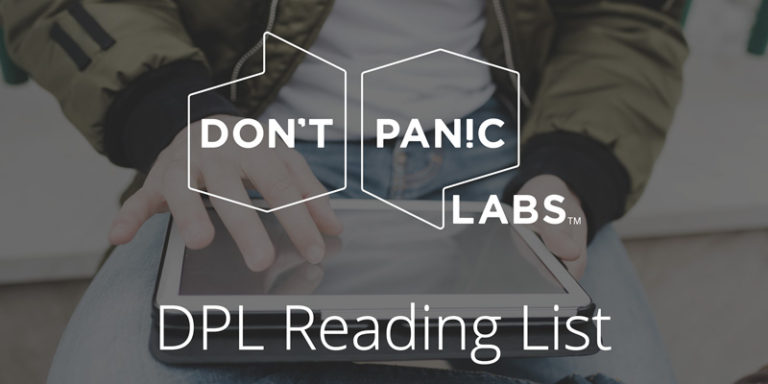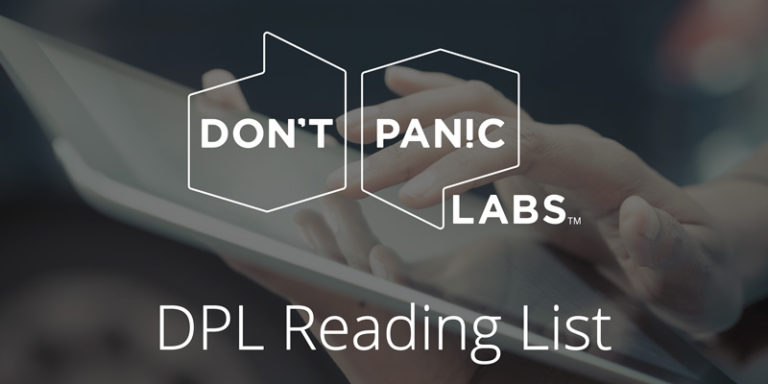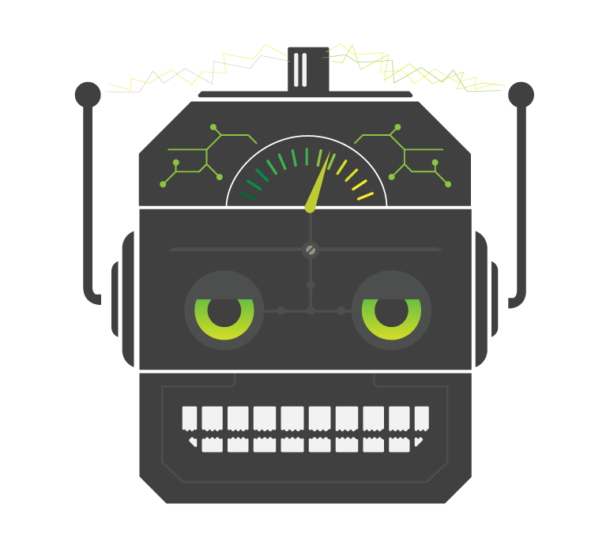
DPL Reading List – April 21, 2017
Here are some of the articles we’ve been reading around this office this week.
Learning to Think Like a Computer – “Consciously or not, this next generation may be effortlessly absorbing the computational thinking skills so many covet, and in the process refining what we mean by digital native.”
Everyone is a designer. Get over it. – “Whether you like it or not, whether you approve it or not, people outside of your design team are making significant design choices that affect your customers in important ways. They are designing your product. They are designers.”
12 Tips to Stay Healthy While Working From Home – “The abundance of alluring snacks in the kitchen, the lack of social stimulation and the temptation to work in an ergonomically unsound position, like in bed, can all sabotage an otherwise virtuous worker’s best health intentions.”
Designing for the Appearance of Speed – “Performance plays an important role in shaping how customers perceive your brand, and may affect a customer’s purchase intent. A 2013 study of the effects of mobile web performance on user emotional engagement found that a mere 500 millisecond delay resulted in a 26% increase in user frustration, and an 8% drop in engagement. In the same study, slow sites dramatically reduced the measured emotional dimensions around purchase intent and brand functionality.”
Designing Charts — Principles Every Designer Should Know – “Any designer who has worked on a project that requires some kind of data visualization knows that it can be an extremely difficult (and rewarding) design challenge.”
7 Simple Tips For Healthy Eating When You’re An Entrepreneur – “Healthy eating has been proven to boost memory, improve creativity, curiosity and increase workplace productivity, as a study found that unhealthy eating is connected to a 66 percent increased risk of productivity loss. You face a new schedule of challenges every day–don’t let healthy eating be one of them.”
Introverts at Work: Why You Withdraw and One Way to Cope – “Withdrawal can be a reaction to a number of universal fears: Being excluded, being rejected, being judged or feeling stupid. Feared implications form hidden and imagined threats that elevate cortisol levels and weaken our immune systems. When we live in fear, we withdraw. We avoid risks, hold our tongue and even bully and intimidate.”



